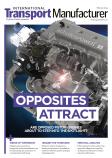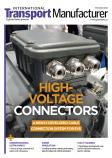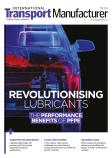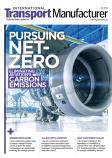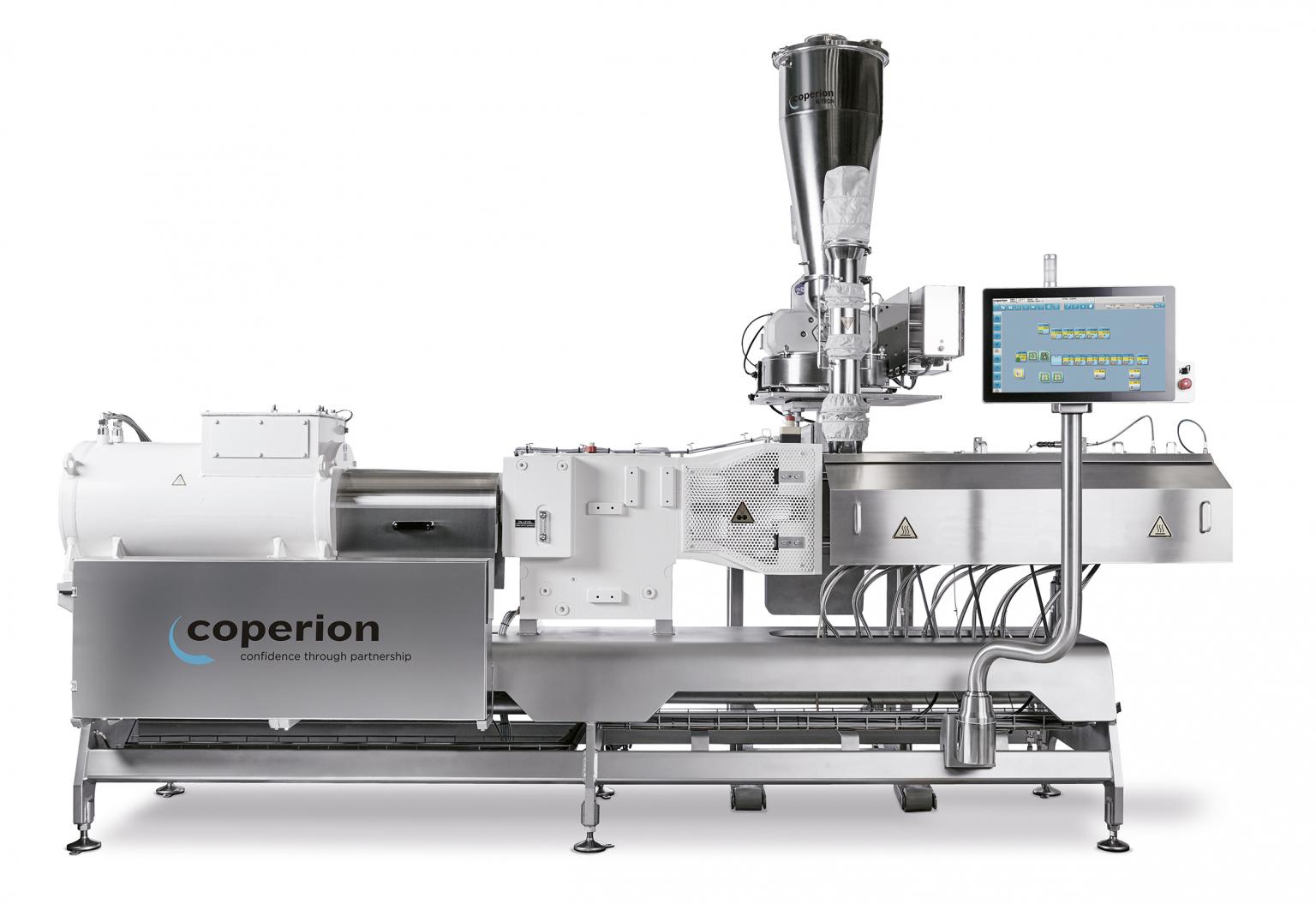
Two Coperion ZSK Mc18 twin screw extruders are part of a new high-performance battery cell production facility planned by Cellforce Group – a joint venture between Porsche AG and Customcells Holding.
Beginning in 2024, the new European production site is expected to be a major force in Cellforce Group’s ability to serve the high-performance battery market segment for specialised automotive applications.
The manufacturing process will feature both state-of-the art extruders and highly accurate Coperion K-Tron feeders for the continuous production of battery compounds. With their high degree of flexibility, the two extrusion lines will be able to produce a variety of formulations. The continuous process structure ensures they are reproducible at high product quality.
“We’ve reached a milestone here with an innovative process in cell production that allows us to launch a cutting-edge technology in Europe, in terms of both quality and capacity,” added Dr. Markus Gräf, Managing Director of the Cellforce Group.
Quality and Cost Efficiency
The ZSK twin screw extruders were selected for the process due to their mixing properties, while their throughput can be precisely controlled to achieve an optimal overall process. According to Coperion, the high degree of automation reduces operating costs in comparison to labour and personnel-intensive discontinuous processes and results in reproducible, continuously high product quality.
“The excellent mixing behaviour of the ZSK twin screw extruders makes it possible to achieve the especially high homogeneity required for the formulation of these high-performance batteries, which contains a high percentage of silicon,” said Markus Fiedler, Process Technology, Team Leader of Chemical Applications at Coperion. “Their modular construction also facilitates adaptation to new recipes. Thus, future optimisations, such as the elimination of toxic solvents, can be implemented quickly and without impacting quality.”
In addition to the individual components, one important aspect in the design of the process is the safe isolation of the manufacturing process. The firm's containment designs prevent impurities and contamination from toxic materials in the workplace and the environment. For this reason, the extruder and the Coperion K-Tron feeders are designed to be dust-tight, fulfilling requirements for maintaining product purity and safety in the work environment.
“We are pleased that Coperion has been given the opportunity to contribute to this project with our twin screw extruders, feeders and material handling systems, thereby doing our part to move the energy revolution forward a bit,” said Martin Doll, Business Segment Manager for Chemical Applications and Batteries at Coperion. “The Cellforce Group production facility will be the cornerstone for further projects of this kind in Europe.”






